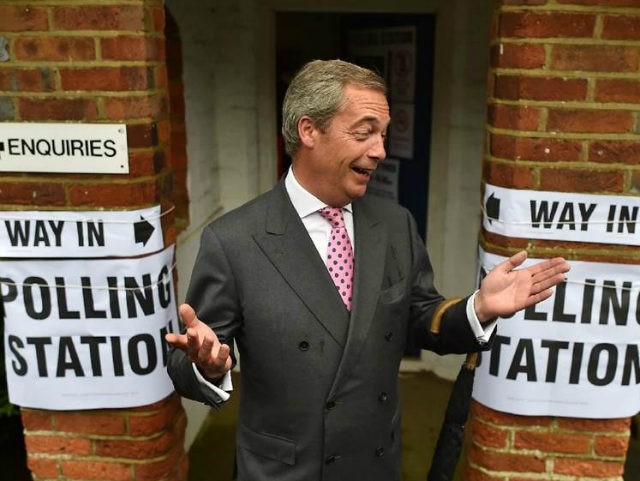(AFP) – It has been the word on everyone’s lips in Britain since the country voted to leave the European Union, and now “Brexit” has entered the dictionary, it was announced Thursday.
The Oxford English Dictionary (OED) defines the portmanteau word as “the (proposed) withdrawal of the United Kingdom from the European Union, and the political process associated with it”.
It was first used when then prime minister David Cameron announced in 2013 he would hold a referendum on Britain’s EU membership if re-elected, but entered common parlance as campaigning intensified before the shock June 23 vote.
“Brexit’s inclusion in the OED December update within five years of being coined is highly unusual,” said the dictionary, widely regarded as the accepted authority on the English language.
“The speed with which it became widely used and recognized was impressive, fuelled by the fact it filled an empty space in our language, and the growing importance of the phenomenon it described. By late 2016 it was a global word.”
Brexit has become a “linguistic wellspring”, it added, spawning derivative words such as Brexiteer, although Bregret, Bremorse and Brexodus have not “yet shown sufficient durability to enter the OED”.
The word developed from “Grexit”, describing a similar process in which Greece might leave the eurozone.
Grexit has also entered the dictionary for the first time, with the OED, calling politics “a fruitful area for new words”.
“We can be sure that political words and phrases like these will keep coming,” it added.
Prime Minister Theresa May has frequently batted off questions about how Britain will leave the EU by saying “Brexit means Brexit”, but the OED explained it had not been so easy for them.
“Spare a thought for us lexicographers, having to decide what Brexit means before anybody else,” it said.

COMMENTS
Please let us know if you're having issues with commenting.